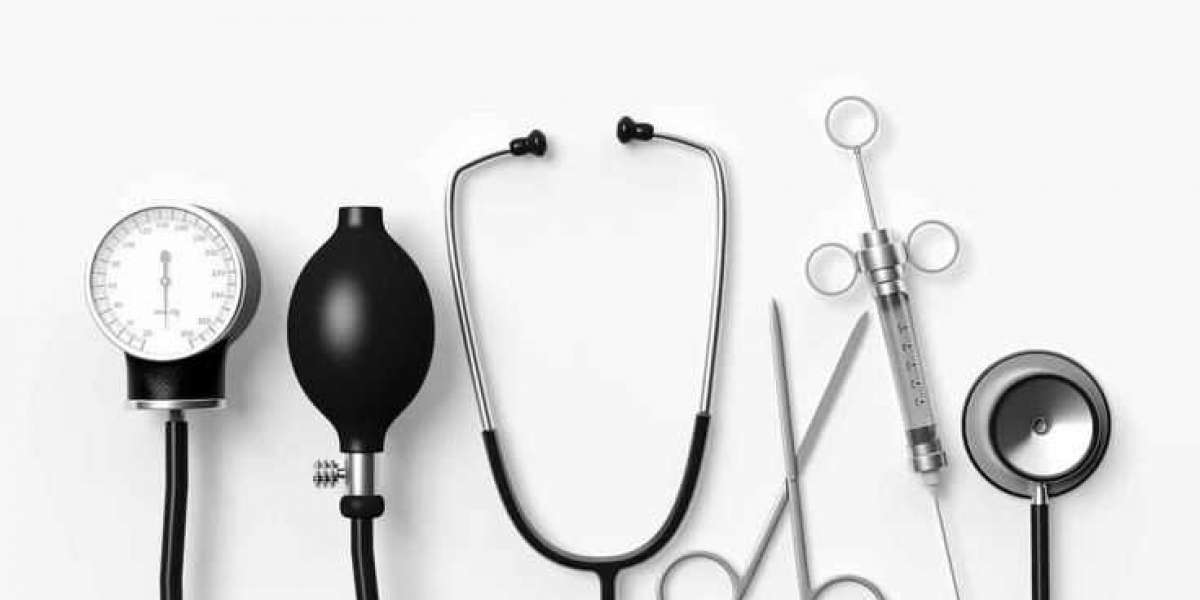In the fast-paced environment of modern healthcare, clinics rely heavily on a wide range of medical supplies to deliver safe, efficient, and high-quality patient care. From routine check-ups to urgent care, the right tools not only enhance medical procedures but also ensure comfort and safety for both patients and healthcare professionals.
Whether you're setting up a new clinic or restocking your facility, understanding the most commonly used medical supplies is essential. Let’s explore the top 10 essentials every clinic should have—and why they matter.
1. Examination Gloves
Examination gloves are perhaps one of the most universally used medical supplies. Whether made from latex, nitrile, or vinyl, these gloves protect both patients and healthcare workers from cross-contamination during examinations and procedures. Non-sterile for general use and sterile gloves for surgical applications are standard in every clinical setup.
Tip: Choose powder-free nitrile gloves for better durability and for patients with latex allergies.
2. Digital Thermometers
A basic yet vital diagnostic tool, digital thermometers provide quick and accurate body temperature readings. Especially post-COVID, clinics prefer contactless infrared thermometers for hygiene and speed. For children and sensitive patients, ear or forehead thermometers offer comfort and ease of use.
3. Stethoscopes
No clinic is complete without a reliable stethoscope. It remains a timeless diagnostic device for monitoring heartbeats, breathing sounds, and blood pressure. Brands like Littmann are widely trusted by professionals for their superior acoustics.
Note: Many medical equipment suppliers offer combo diagnostic kits that include a stethoscope and sphygmomanometer for convenience.
4. Blood Pressure Monitors
Whether manual or automatic, blood pressure monitors are used in nearly every consultation. Clinics increasingly prefer digital BP monitors for their accuracy and ease of use, even for elderly patients.
Some clinics opt for advanced models like the iHealth wireless blood pressure monitor, which syncs with mobile apps and patient records—a great solution for modern, tech-driven practices.
5. Diagnostic Equipment Sets
From otoscopes and ophthalmoscopes to tongue depressors and reflex hammers, diagnostic equipments form the backbone of clinical examination. These tools help evaluate ears, eyes, throat, and neurological responses.
High-quality diagnostic sets ensure consistent performance and accurate results. Investing in reputable medical equipment suppliers ensures better durability and service.
6. Sterile Dressings and Bandages
Minor wounds, post-injection sites, or post-surgical care all require sterile dressings. Clinics typically stock a variety of adhesive bandages, gauze rolls, sterile pads, and wound closure strips.
It's crucial that these supplies are individually packed and sterile to prevent infections, especially in outpatient procedures or first aid care.
7. Syringes and Needles
Used for vaccinations, blood draws, or medicine administration, syringes are a staple. Clinics maintain a variety of syringe sizes and needle gauges, along with safety-engineered options to prevent needle-stick injuries.
Safe disposal is equally important—sharps containers are a must-have medical supply to maintain hygiene and safety standards.
8. Pulse Oximeters
A small but mighty tool, the pulse oximeter measures oxygen saturation and pulse rate. Particularly valuable in respiratory cases and post-COVID follow-ups, it’s a standard part of many diagnostic equipments kits.
Clip-on fingertip designs are popular for their portability and quick readings.
9. Weighing Scales
Accurate weight monitoring is essential in every medical consultation—be it for dosage calculation, chronic disease management, or tracking a patient’s health progress.
Modern clinics prefer digital or smart scales like the iHealth wireless scale, which can record and sync weight data directly to electronic health records (EHR).
10. Sanitization Supplies
With hygiene now more crucial than ever, clinics must stock hand sanitizers, disinfectant sprays, alcohol wipes, and PPE like face masks and gowns. These supplies reduce the risk of infection transmission between patients and staff.
Clinics that prioritize cleanliness not only protect their patients but also build a stronger reputation for safety and professionalism.
Why Choosing the Right Medical Equipment Suppliers Matters
While knowing what to buy is important, where you buy it from is equally crucial. Reliable medical equipment suppliers like Medguard offer CE-certified products, competitive pricing, and timely delivery—all essential for keeping your clinic well-equipped and compliant.
Whether you’re looking for day-to-day medical supplies or specialized diagnostic kits, always opt for suppliers that offer warranties, product support, and bulk purchase options.
Final Thoughts
Every clinic, regardless of its size or specialty, depends on these foundational medical supplies to run smoothly. Stocking the right products not only enhances clinical efficiency but also directly contributes to better patient care and safety.
From digital blood pressure machines to sterilized dressing kits, ensuring your clinic is well-stocked with quality supplies should be a top priority. With trustworthy partners like Medguard.ie, you can focus more on healing and less on handling supply challenges.







